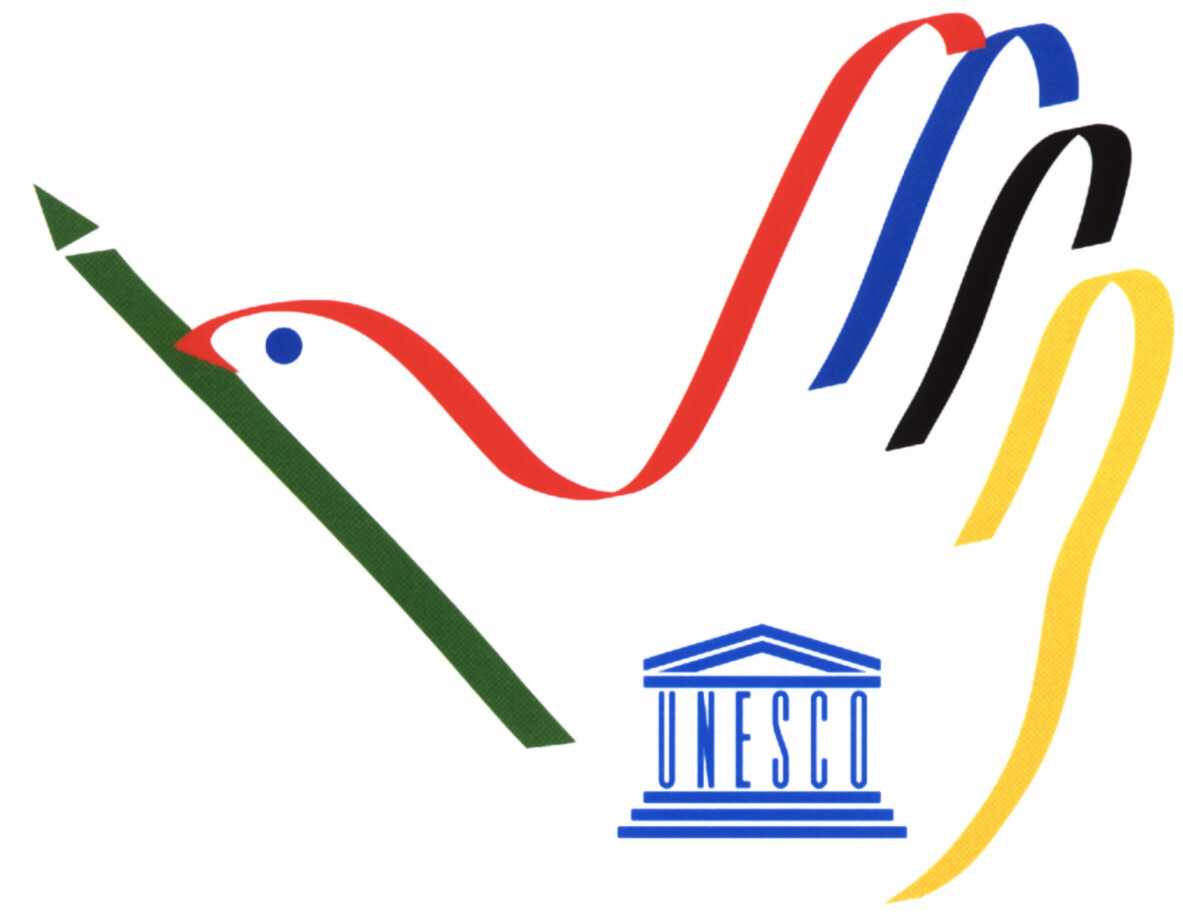ISLAMABAD ( BMZ REPORT )
UNESCO Pakistan together with the Embassy of the Kingdom of the Netherlands, Media Matters for Democracy, and Centre for Peace and Development Initiatives , organized the World Press Freedom Day 2016 in Islamabad. The event was attended by Government officials, senior journalists and representatives of development aid agencies, civil society and media support organizations.
This year, the World Press Freedom Day in Pakistan focused on two major themes, Right to Information and the Safety of Journalists- Online and Offline. These themes are in line with three important global milestones: a) the 250th anniversary of the world’s first freedom of information laws adopted in Sweden and Finland, b) the 25th anniversary of the adoption of the Windhoek Declaration of press freedom principles and c) the first year of implementation of the new Sustainable Development Goals (SDGs). Three milestones crucial for ensuring press freedom and safety of journalists.
The World Press Freedom Day event kicked off with preliminary group work on Right to Access to Information with special focus on key lessons from the Right to Information Legislation of Khyber Pakhtunkhwa and Punjab Provinces and the Safety of Journalists- Online and Offline with special reference to the UN Plan of Action on the Safety of Journalists and the Issue of Impunity and model draft of Journalists Protection and Welfare Bill.
Key recommendations from Right to Information working group included; 1) process of Right to Information law should be transparent and participatory, 2) laws, rules and procedures that have redundancies or are in conflict with the spirit of the Right to Information should be amended. Key recommendations from the Journalists Safety session included; 1) the Protection and Welfare Draft bill should not merge the security, protection and welfare parts but rather create a Journalist and Media Workers Safety Bill, 2) a centralized authority is needed to bring investigation and support to the provinces in prosecution. It was proposed to establish a commission which could be called “National Commission for Safety of Journalists.”
Ms. Vibeke Jensen, UNESCO Representative to Pakistan highlighted that press freedom and access to information are essential for democracy, and there will be no sustainable development without strengthening the rule of law, and providing access to information for all citizens. She said that journalists help to put new questions on the development agenda, and they help empower citizens with information. Quality journalism provides a context in which the diversity of cultural expressions can flourish. She stressed that the newly agreed sustainable development goals recognize that access to information and fundamental freedoms are an integral part of the broader agenda. Two indicators; 1) Number of verified cases of killing, kidnapping, enforced disappearance, arbitrary detention and torture of journalists, associated media personnel, trade unionists and human rights advocates (in the previous 12 months) and 2) Existence and implementation of constitutional, statutory and/or policy guarantees for public access to information, have been proposed to monitor UN member states progress in these areas.
Ms. Jeannette Seppen, Ambassador of the Embassy of the Kingdom of the Netherlands in Islamabad reiterated that without freedom of expression, other freedoms cannot be properly exercised. Freedom of expression makes democracy more meaningful and institutions more accountable. It contributes to a free and better balanced debate. It acts like a catalyst: freedom of expression allows people to demand other human rights, such as justice, equality before the law and freedom of religion or belief. In the Netherlands we go to great lengths to defend this freedom and we would like to continue to engage with Pakistan to forge a consensus between the government and the media sector on a roadmap for media safety to engender a safer environment for journalism and to combat impunity.
Speaking at the opening ceremony, Mr. Mohsin Shah Nawaz Ranjah, Parliamentary Secretary for Information, Broadcasting & National Heritage said that
Parliamentary Secretary for the Information, Broadcasting and National Heritage Ministry, Mr. Mohsin Shah Nawaz Ranjah stressed the work of the Government of Pakistan to improve the Safety of journalists through the adoption of a Safety and Welfare Bill. Concerning the role of media in Pakistan, he highlighted the importance to promote responsible journalism that stresses accuracy rather than speed. As for the access to information legislation, the Parliamentary Secretary praised the initiatives of Punjab and Khyber Pakhtunkhwa Right to Information Legislations.
WPFD serves as an occasion to inform citizens of violations of press freedom – a reminder that in dozens of countries around the world, publications are censored, fined, suspended and closed down, while journalists, editors and publishers are harassed, attacked, detained, and even murdered. It is a date to encourage and develop initiatives in favor of press freedom, and to assess the state of press freedom worldwide.

